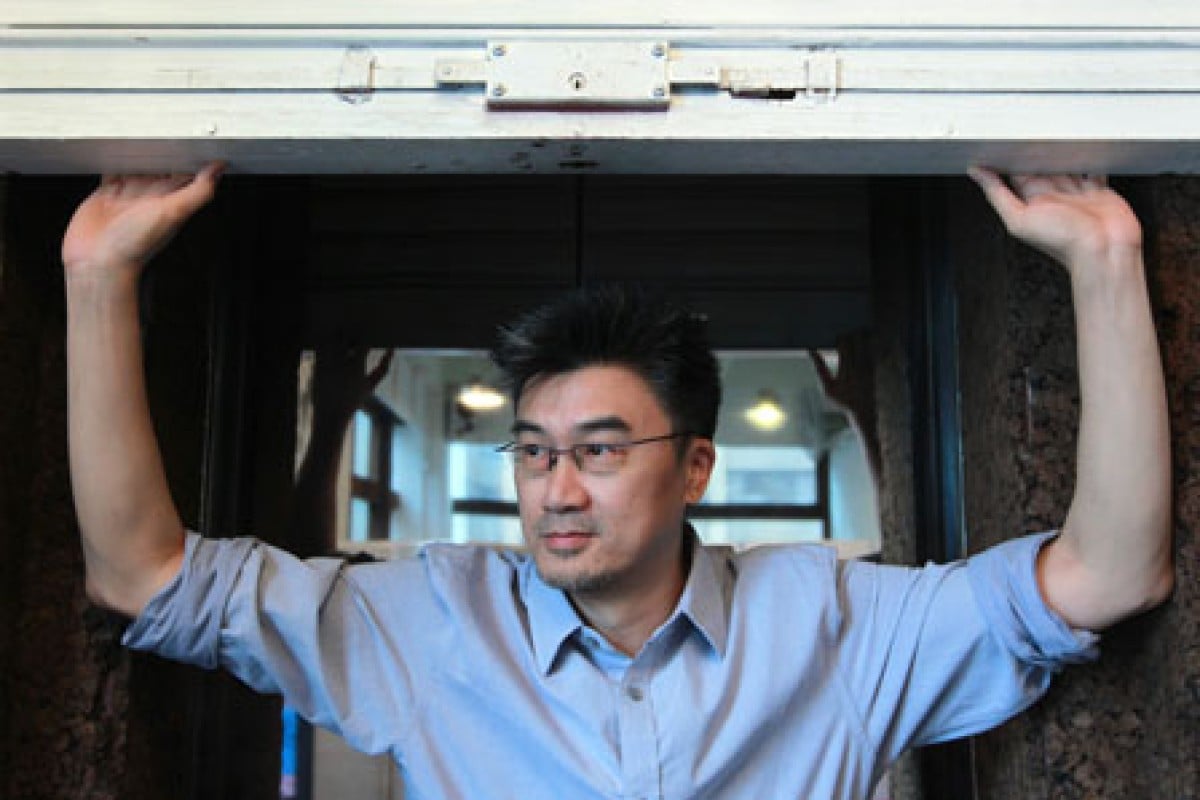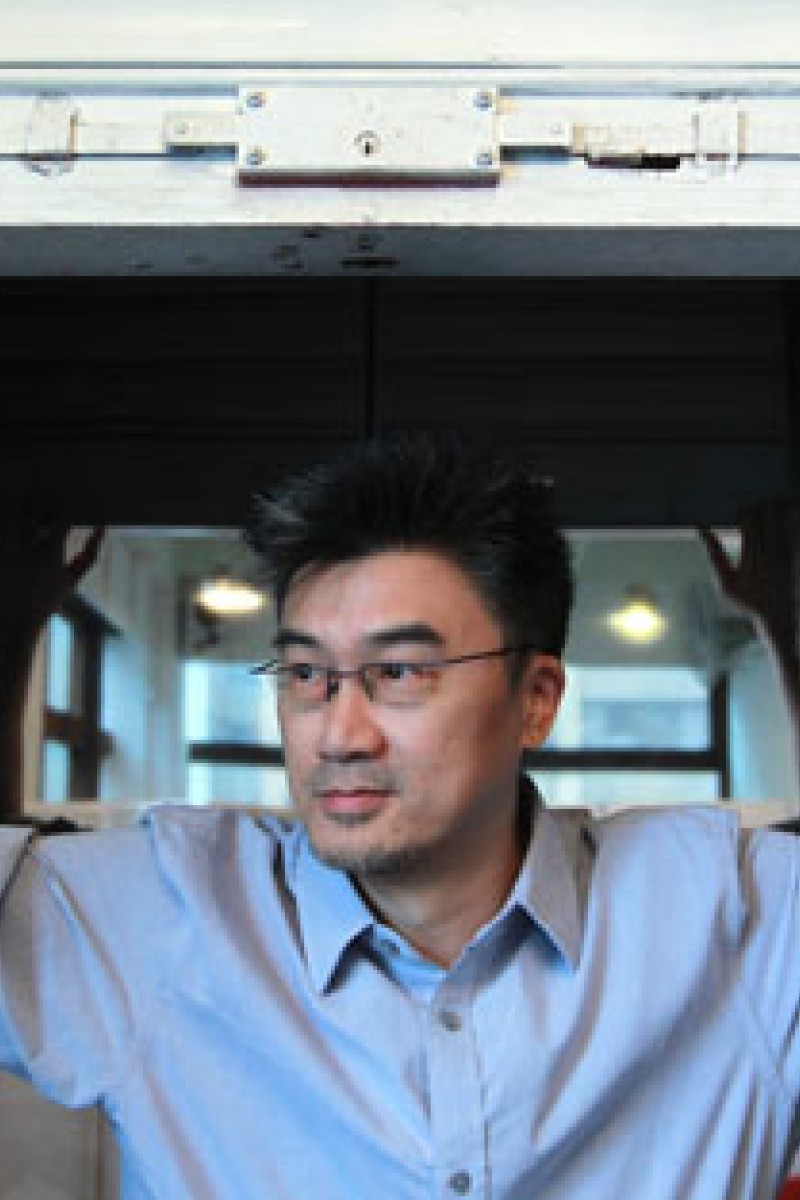
But imagine those scenes without any music playing on the soundtrack, and you begin to get an idea of how much a great film score can affect our emotional reaction to what we're seeing.
Henry Lai, who composed the music for upcoming release Stool Pigeon, says a good score not only affects the atmosphere of individual scenes, it also creates a theme and mood that continue throughout the film.
'When you are watching an entire movie, you need it to have a consistent style. The music that flows through it can help glue the whole thing together.'
And Lai should know all about composing for film. Since 1995, he has scored more than 20 films, including Echoes of the Rainbow and Beast Stalker. In 2009, his work on the movie Three Kingdoms: Resurrection of the Dragon was nominated at the Hong Kong Film Awards and at the Asian Film Awards.
Lai's music career began in 1986 when he finished secondary school, playing guitar in a band called Island. When the group landed a record contract, he took on the production duties and got his first glimpse into the workings of the music industry.
Returning to education a few years later, he moved to Britain to study architecture, having failed to get a place to study medicine, his first choice.
While he enjoyed designing buildings and drawing models, he found the job itself boring and lacking in creativity.
Music was still his passion, but first he had to persuade his mother, who wanted him to pursue a more stable and highly paid career.
'I told her that I'm professionally trained as an architect, so at anytime I could pick it up again,' Lai says.
Keen to prove that he could succeed in the music world, he formed Tienji Tang in Hong Kong in 1995. After the band released several songs, he began to focus on writing music for films.
Unlike film soundtracks, which may contain previously released songs or compositions, a film score is written specifically for a movie.
Lai believes that using originally composed music benefits the movie, since the score is tailored exactly to what's appearing on screen, so 'your emotions follow the artist and the scene'.
He says the process involves reading the script or watching a rough cut of the movie, then "picking out some elements that move you or inspire you, and you magnify and compose around those'.
'You have to be imaginative' as a composer, Lai adds.
Despite all the other work he has done in the music business - including composing ,arranging and producing for Andy Lau, Sammi Cheng and Nicholas Tse - he loves scoring the most.
'Scoring for film gives me the greatest creative freedom,' the musician says. 'I'm the kind of person that likes working at home, so I don't have to deal with so many people, just one director.
'If you compose a piece of music, it sings to the movie. You know exactly if it works or not with the visuals, or if it brings out another flavour of that scene. It's something different from just writing a piece of music, because you have to compose to the picture.'
Stool Pigeon, featuring Henry Lai's original score, opens on August 26
